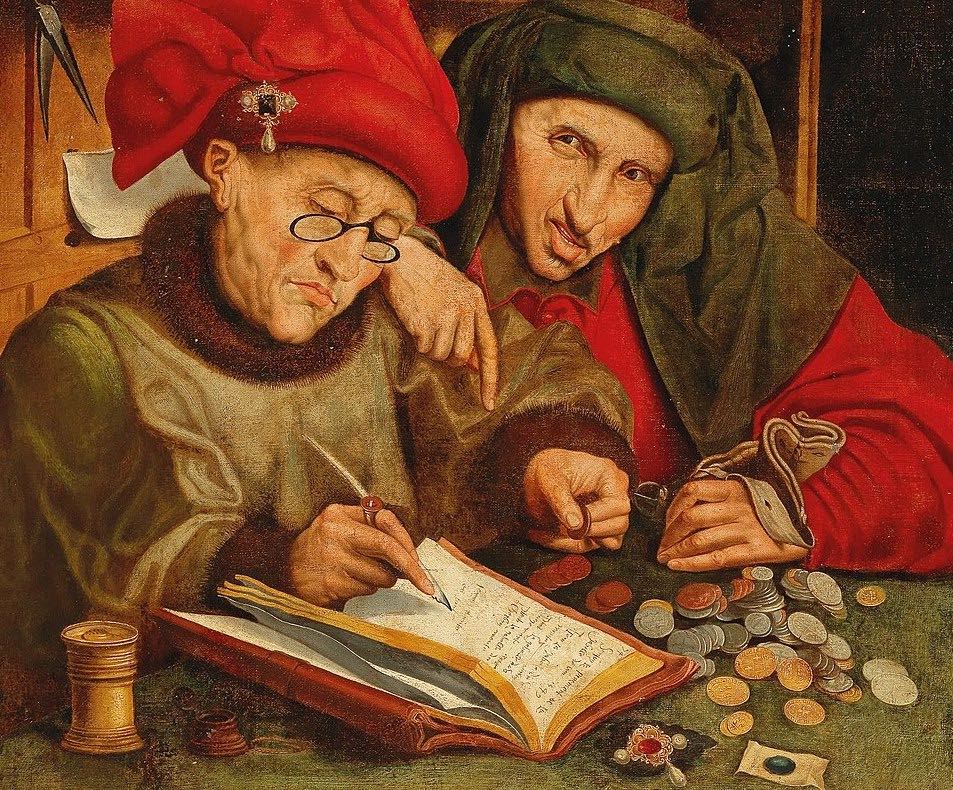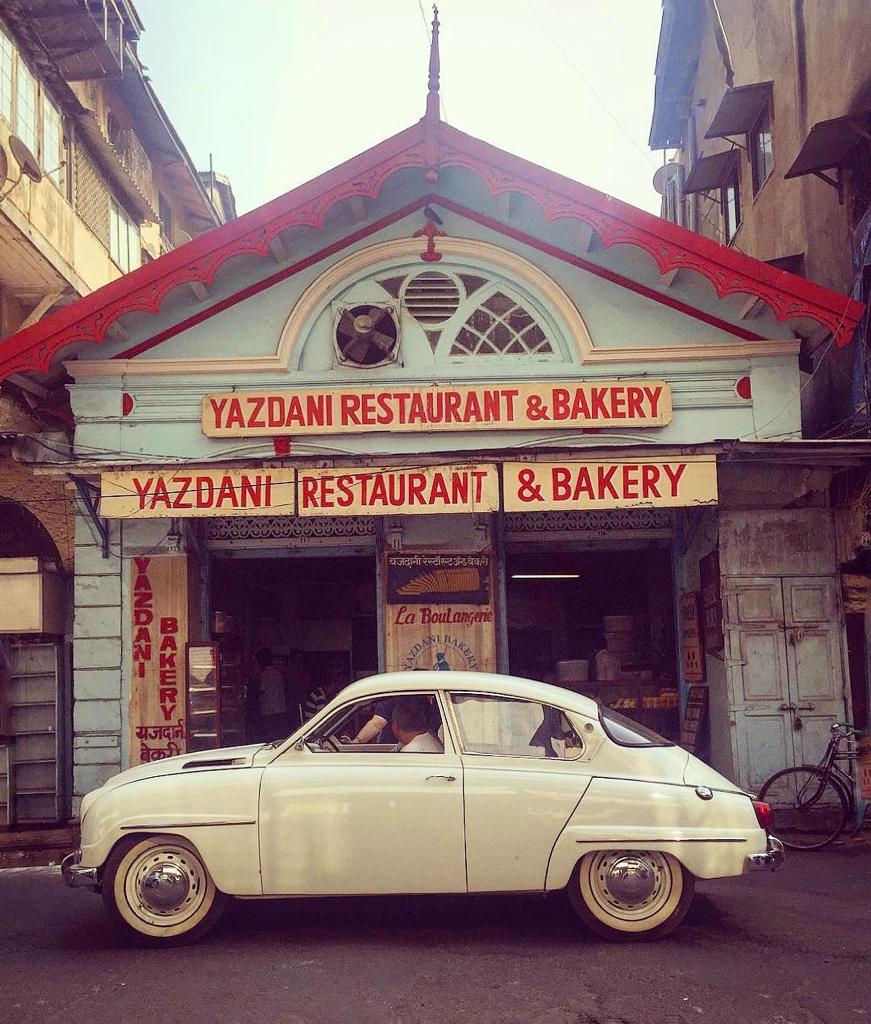Delving into the intricacies of the Union Budget 2024, we chalk out the fiscal policies outlined in the budget that carry far-reaching implications, particularly for the realms of investments, luxury, travel, and art.
The budget for 2024 has propelled a favourable environment for investments, aiming to stimulate economic growth and innovation. Strategic tax incentives to attract both domestic and foreign investments that encourage businesses to expand, fostering job creation and industry growth have been inculcated. Significant allocations towards infrastructure development that can potentially create a ripple effect, are expected to impact sectors ranging from real estate to technology. There has also been an emphasis on sustainable and green investments opening new avenues for environmentally conscious investors. In addition, the budget has encouraged the integration of eco-friendly practices into business models, aligning financial goals with environmental responsibility.
The luxury sector will undergo a a subtle transformation post the budget, adapting to evolving consumer behaviour and preferences:
Customs Duty Adjustments: Changes in customs duties may influence the pricing of luxury goods. Brands might need to reassess their market strategies and value propositions to stay competitive in the evolving landscape.
Digital Transformation: The budget’s focus on digital infrastructure sets the stage for luxury brands to strengthen their online presence. E-commerce will become a pivotal channel, requiring investments in seamless digital experiences for consumers.
Sustainability in Luxury: With an increased focus on sustainability, the luxury sector is challenged to incorporate eco-friendly practices. The budget encourages businesses to adopt sustainable initiatives, reflecting a shift in consumer values towards conscious consumption.
The travel sector, deeply impacted by global events, has also received a lot of attention in the budget. Increased allocations for tourism promotion signal a commitment to revive the travel sector. Investments in marketing and infrastructure can attract both domestic and international tourists, boosting the hospitality industry – which underscores the importance of digital tourism initiatives as well. Travel companies will now need to harness technology to enhance the travel experience, from virtual tours to streamlined booking processes.
Speaking of art and culture, the budget also has also introoduced tax incentives to promote art transactions, creating a more vibrant art market in the country. This is expected to attract collectors and investors to actively participate in the art ecosystem. Recognising the transformative power of technology, the budget has encouraged the integration of art into digital platforms. This opens up new avenues for artists to showcase their work and for art enthusiasts to engage with diverse artistic expressions.
Investors, luxury brands, travel enthusiasts, and artists alike must adapt and seize the opportunities presented to thrive in this new economic landscape. As we navigate the complexities of these sectors, whether or not the budget will steer us towards a more prosperous and culturally enriched future – is something only time will tell.





